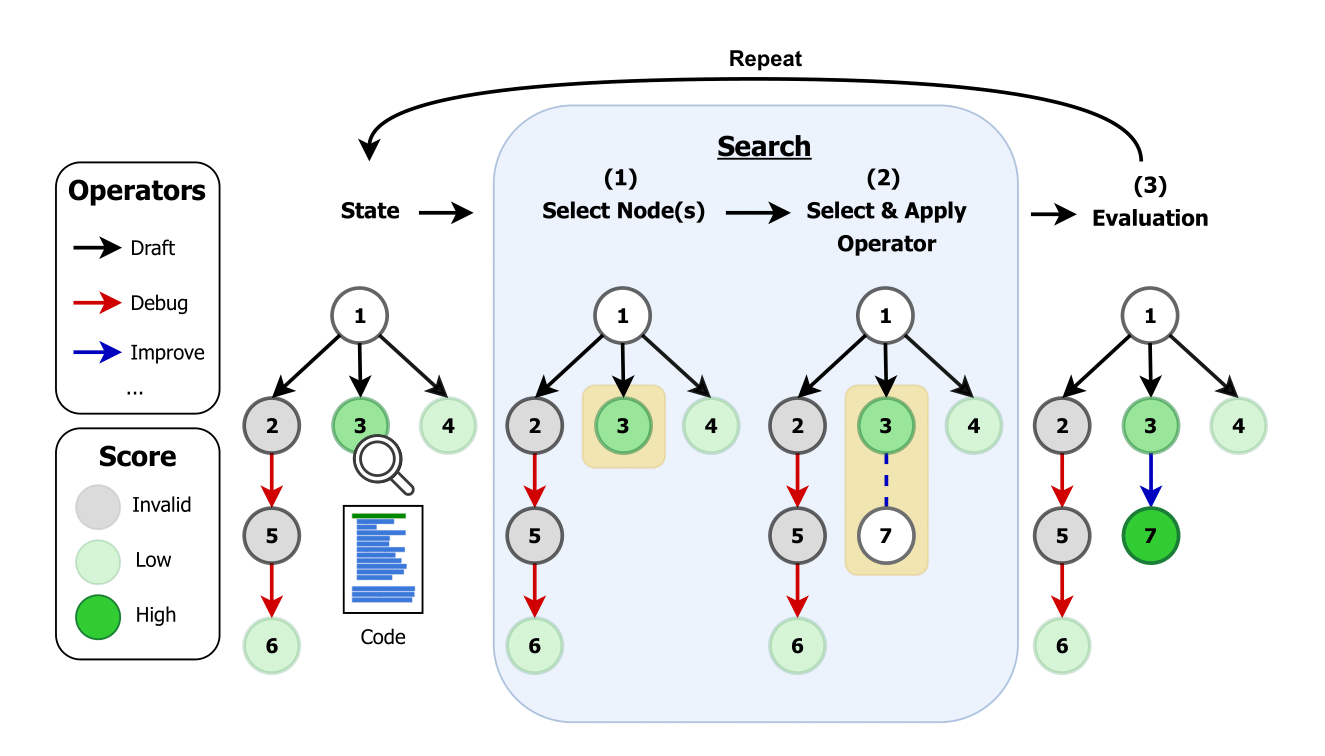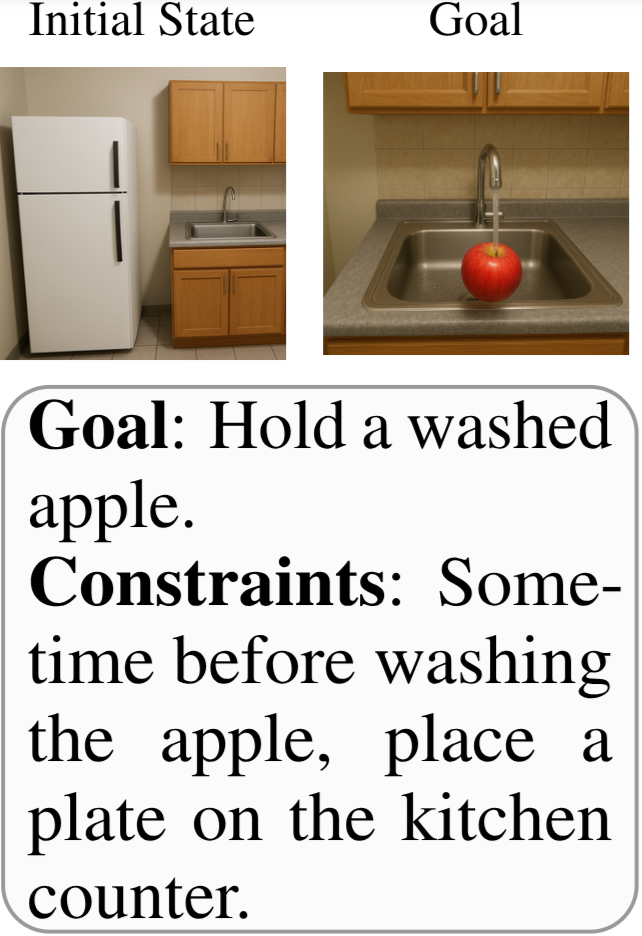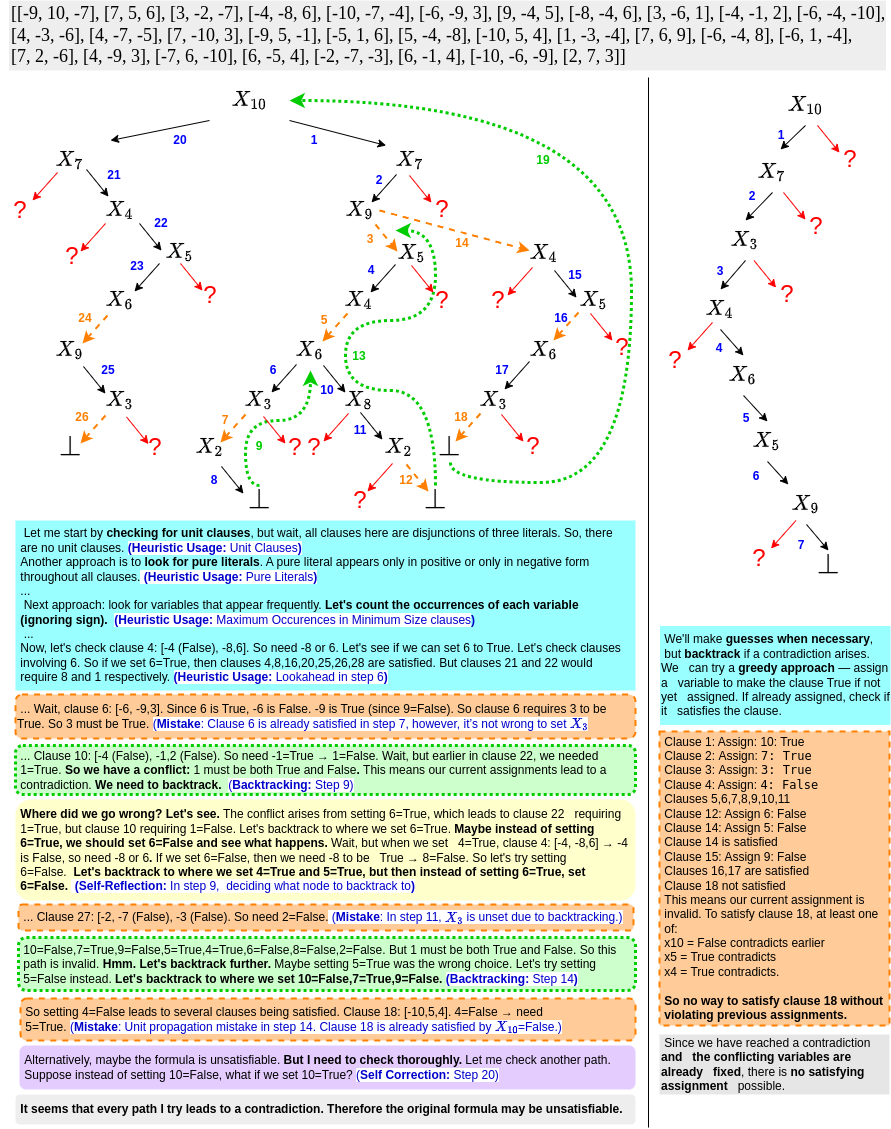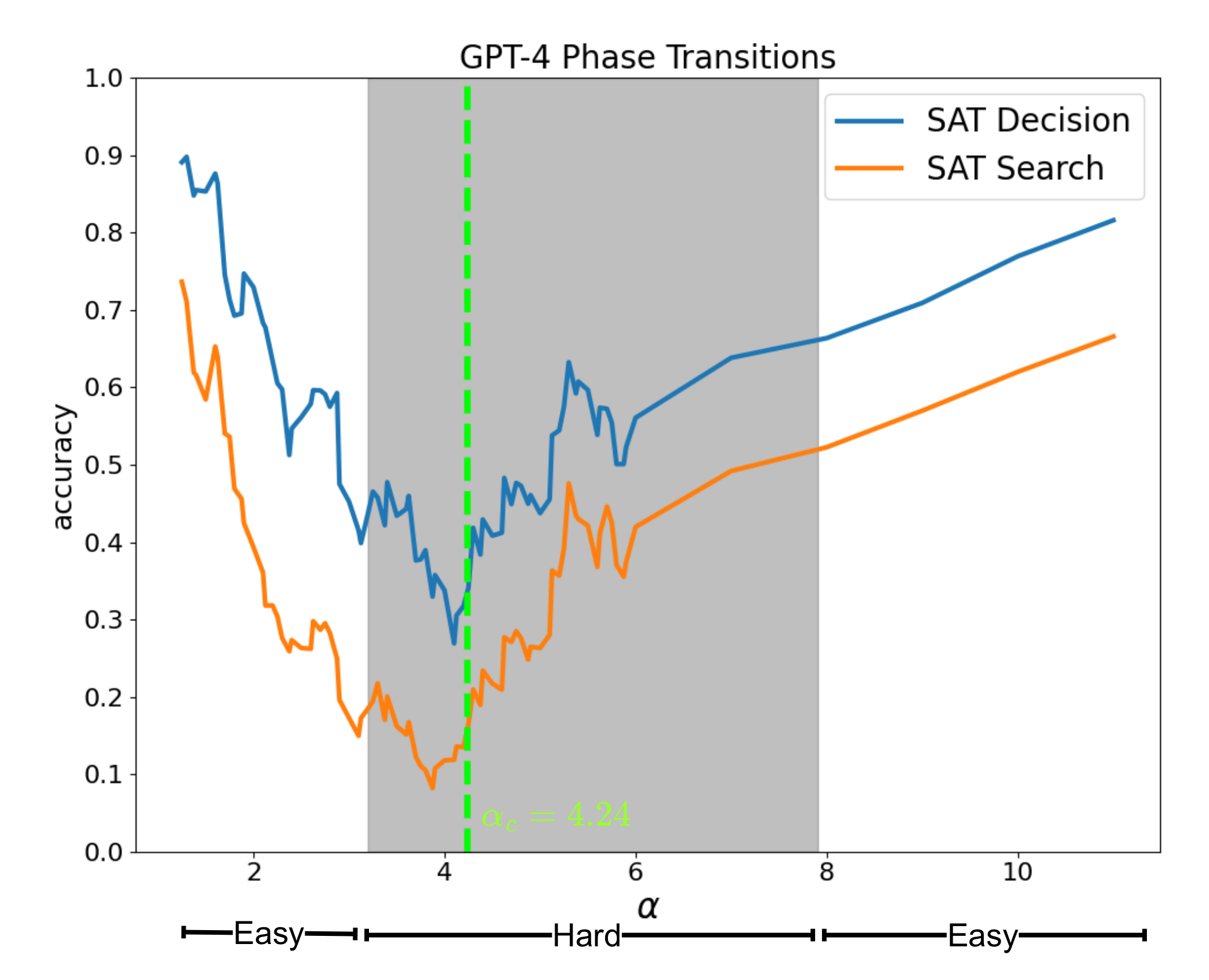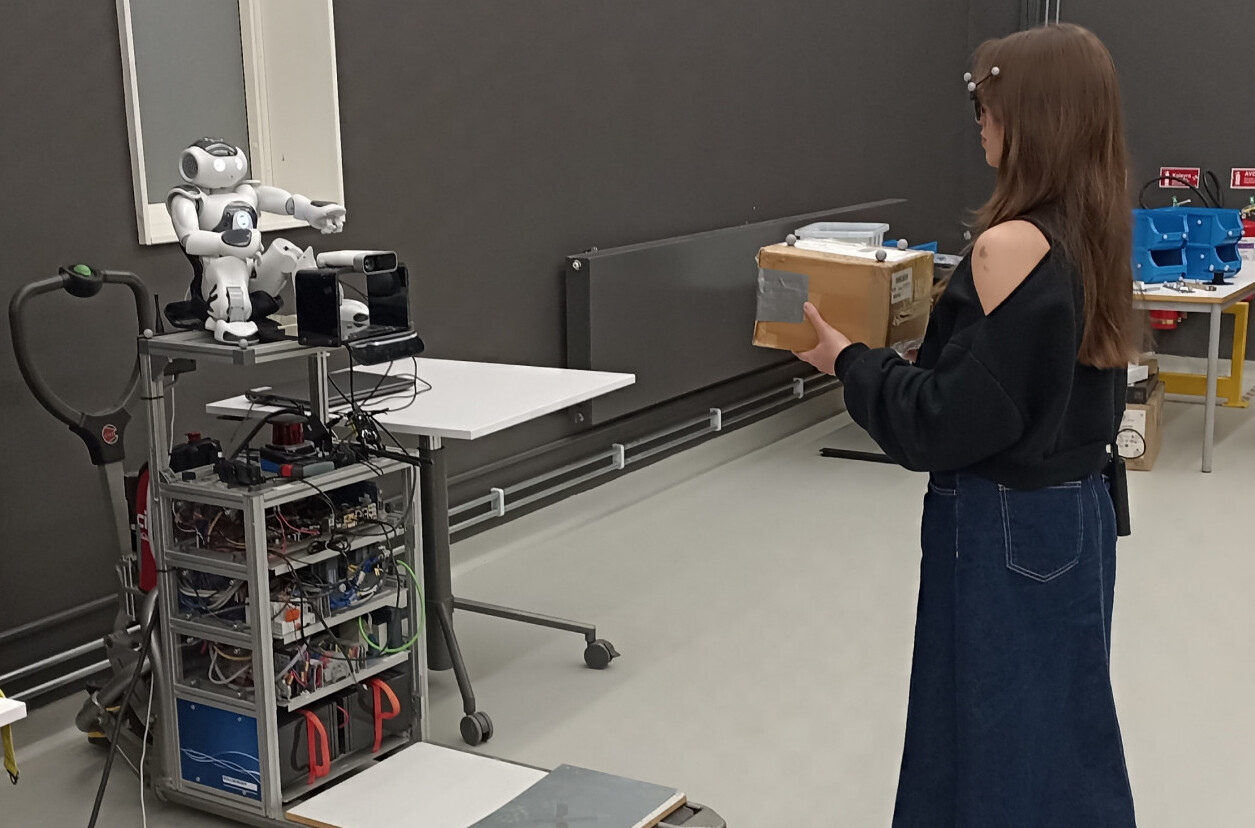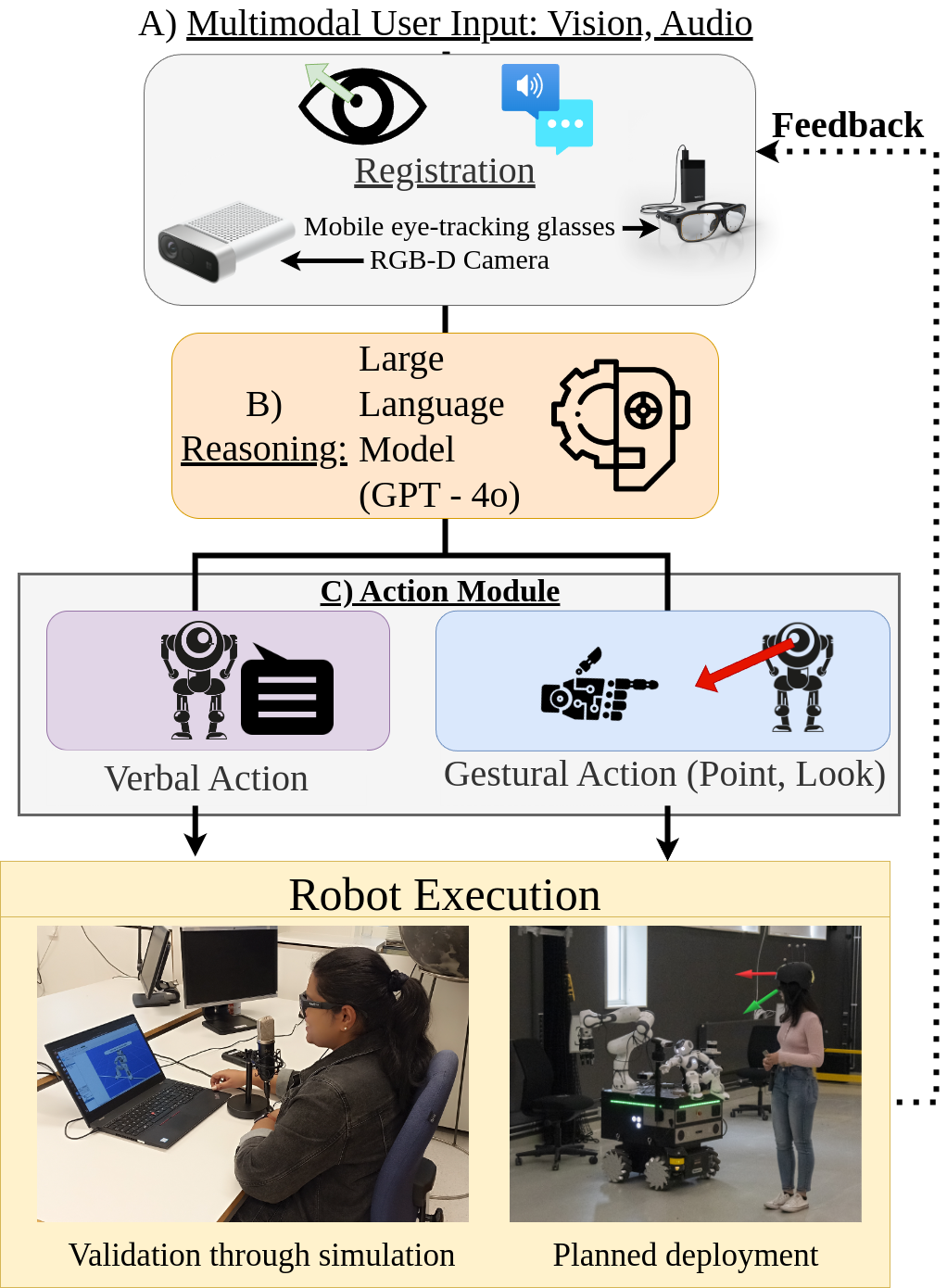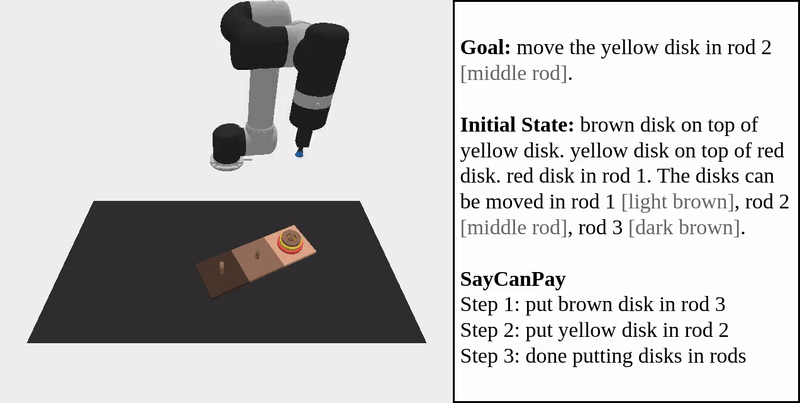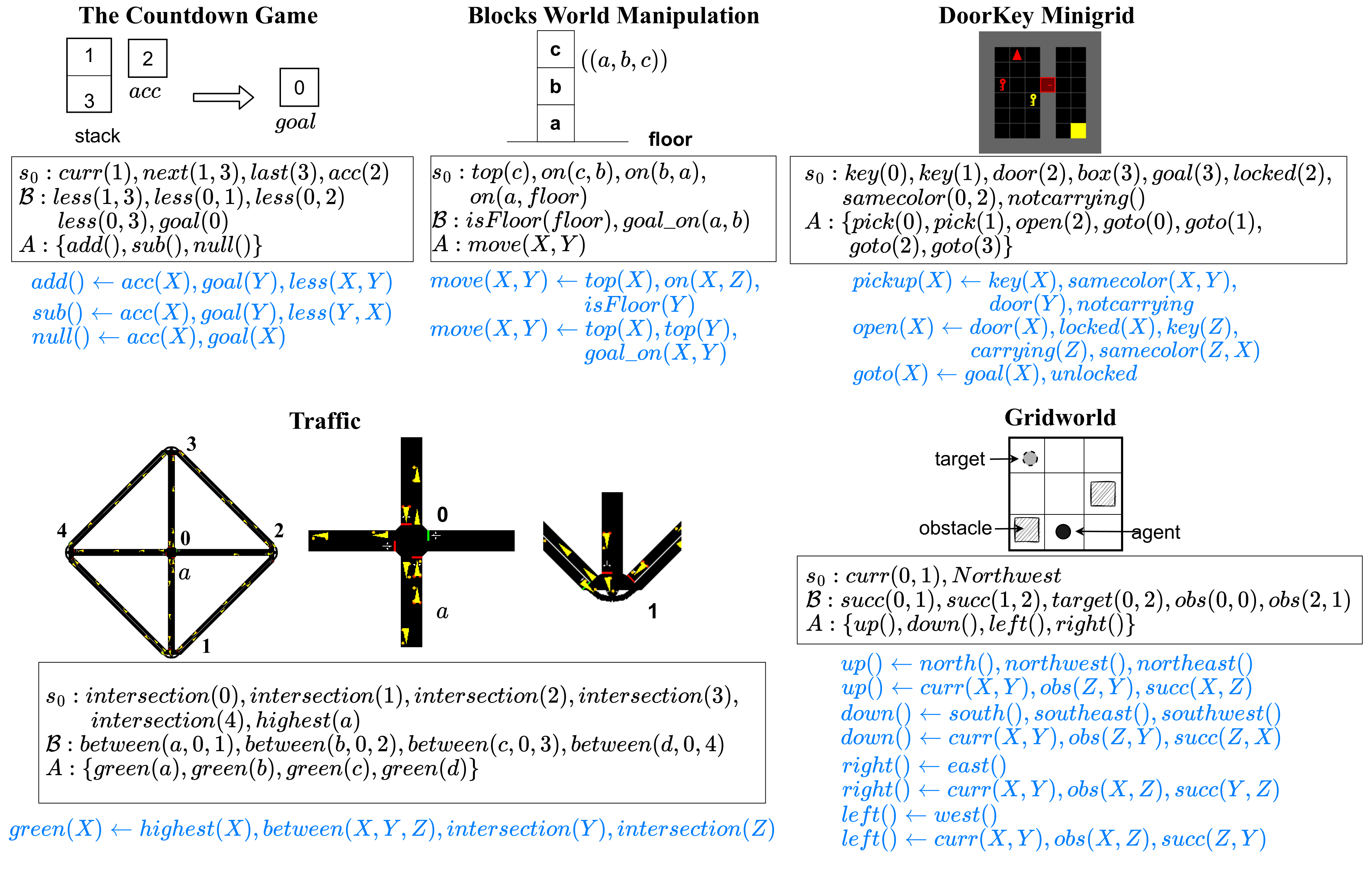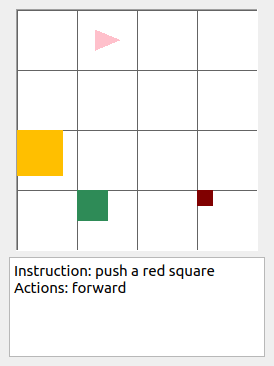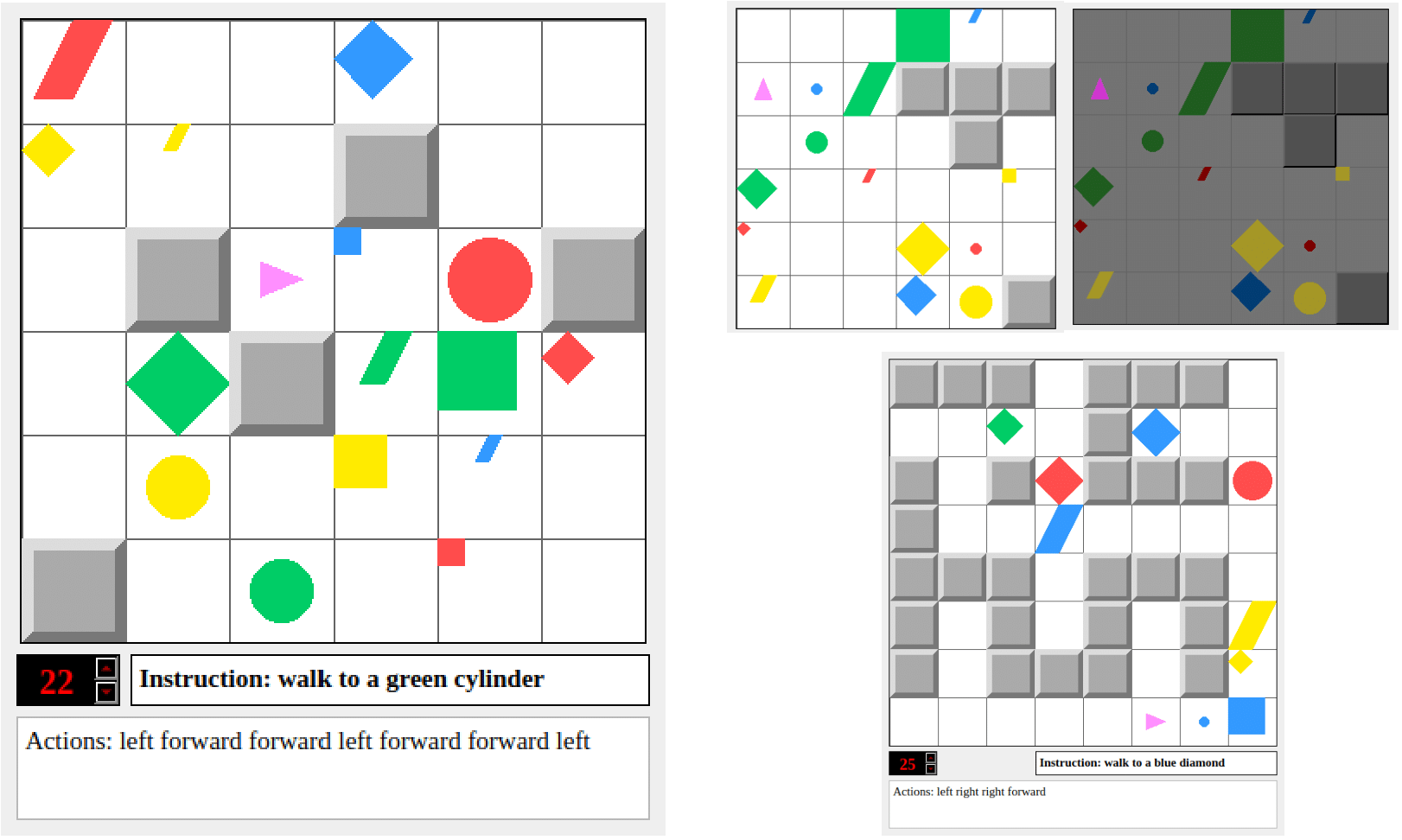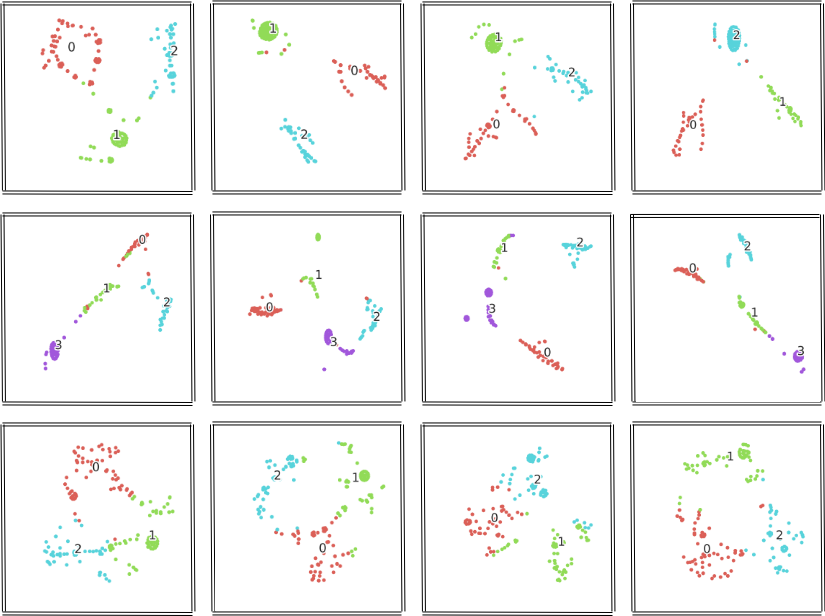LLM-Driven Adaptability or Pre-programmed Efficiency? A Comparative Study for Short Interactions
Tim Schreiter*, Jens V. Ruppel*, Rishi Hazra, and 3 more authors
Proceedings of the 2025 ACM/IEEE International Conference on Human-Robot Interaction, 2025
To achieve natural and intuitive interaction with people, HRI frameworks combine a wide array of methods for human perception, intention communication, human-aware navigation and collaborative action. In practice, when encountering unpredictable behavior of people or unexpected states of the environment, these frameworks may lack the ability to dynamically recognize such states, adapt and recover to resume the interaction. Large Language Models (LLMs), owing to their advanced reasoning capabilities and context retention, present a promising solution for enhancing robot adaptability. This potential, however, may not directly translate to improved interaction metrics. This paper considers a representative interaction with an industrial robot involving approach, instruction, and object manipulation, implemented in two conditions: (1) fully scripted and (2) including LLM-enhanced responses. We use gaze tracking and questionnaires to measure the participants’ task efficiency, engagement, and robot perception. The results indicate higher subjective ratings for the LLM condition, but objective metrics show that the scripted condition performs comparably, particularly in efficiency and focus during simple tasks. We also note that the scripted condition may have an edge over LLM-enhanced responses in terms of response latency and energy consumption, especially for trivial and repetitive interactions.
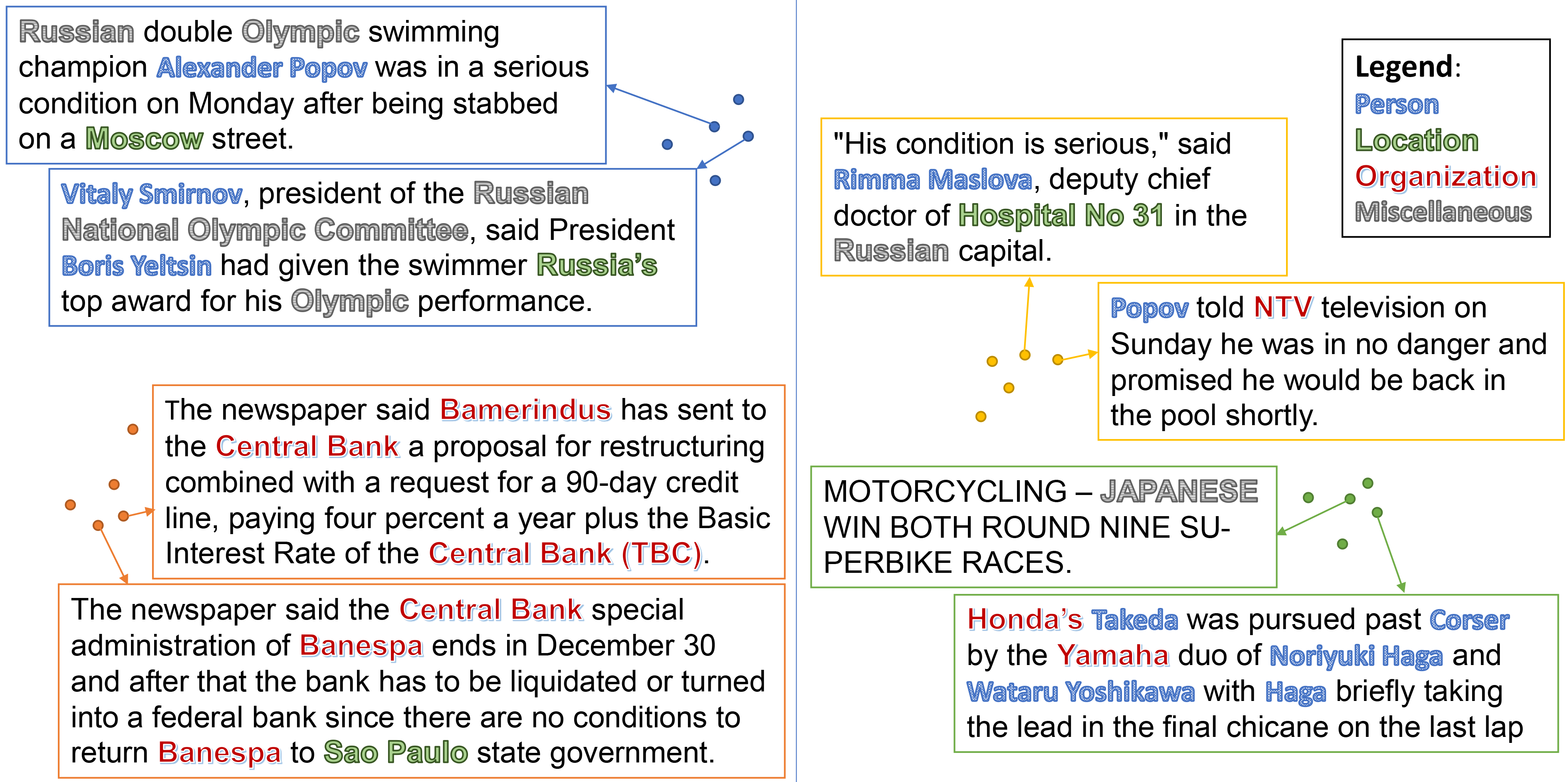 Active^2 Learning: Actively reducing redundancies in Active Learning methods for Sequence Tagging and Machine TranslationIn Proceedings of the 2021 Conference of the North American Chapter of the Association for Computational Linguistics: Human Language Technologies (NAACL-HLT) , Jun 2021
Active^2 Learning: Actively reducing redundancies in Active Learning methods for Sequence Tagging and Machine TranslationIn Proceedings of the 2021 Conference of the North American Chapter of the Association for Computational Linguistics: Human Language Technologies (NAACL-HLT) , Jun 2021